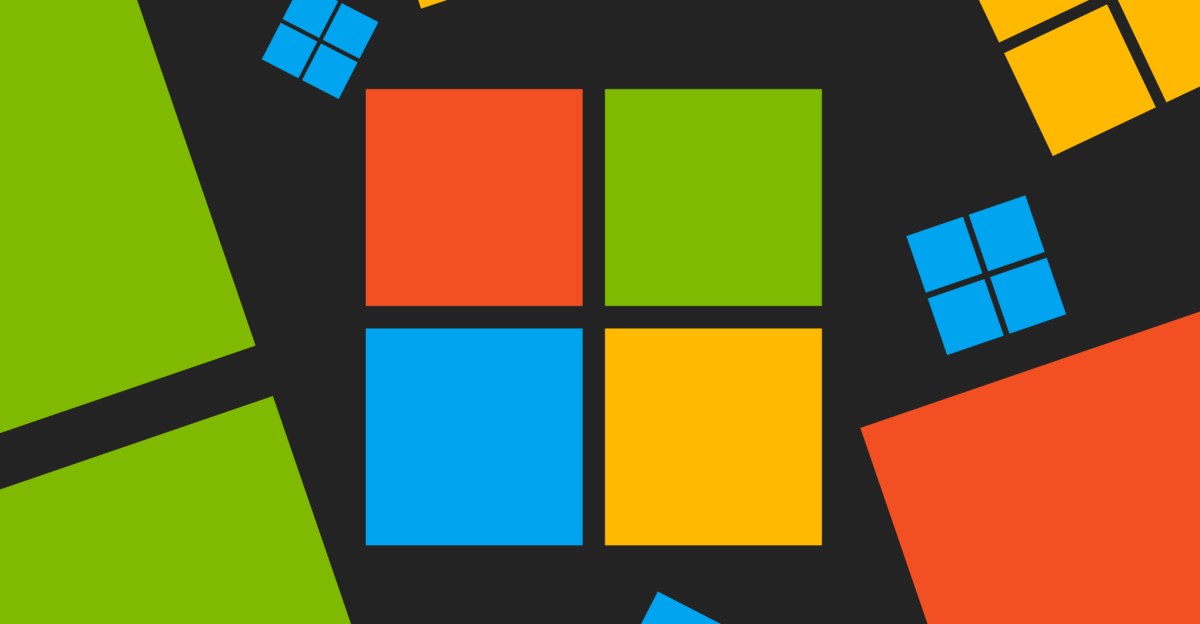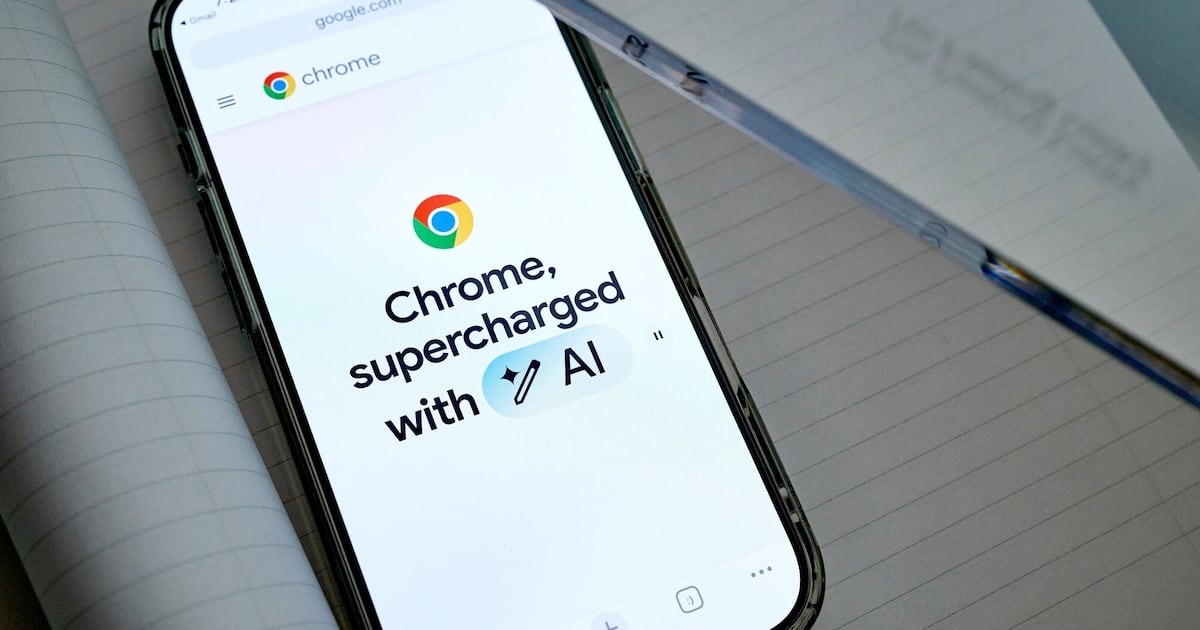Goodbye Passwords: Microsoft Ushers in a Passwordless Future for New Accounts
Technology
2025-05-01 22:53:05Content

In a bold move to revolutionize digital security, tech companies are waging war against traditional passwords, envisioning a future where complex login credentials become a thing of the past. The ultimate goal? To eliminate passwords entirely and replace them with more secure, user-friendly authentication methods.
Imagine a world where you no longer need to remember intricate combinations of letters, numbers, and symbols. Instead, cutting-edge technologies like biometric authentication, hardware security keys, and advanced multi-factor verification are paving the way for a more seamless and secure digital experience.
Major tech giants are leading the charge, developing innovative solutions that promise to make passwords obsolete. Fingerprint scans, facial recognition, and even behavioral authentication are emerging as powerful alternatives that not only enhance security but also simplify the user login process.
While the complete elimination of passwords won't happen overnight, the momentum is building. Companies are gradually implementing passwordless technologies, giving users more convenient and robust ways to protect their digital identities. The future of authentication is here, and it's looking increasingly passwordless.
Revolutionizing Digital Security: Microsoft's Bold Quest to Eliminate Passwords Forever
In the ever-evolving landscape of digital authentication, Microsoft is spearheading a groundbreaking initiative that promises to transform how we secure our digital identities. The tech giant is embarking on an ambitious mission to completely eradicate traditional password-based security systems, ushering in a new era of more robust and user-friendly digital protection.Unlocking the Future: A Passwordless Revolution Begins Now!
The Inherent Vulnerabilities of Traditional Password Systems
The current password-based authentication model has long been a weak link in cybersecurity infrastructure. Humans are notoriously bad at creating and remembering complex passwords, often resorting to predictable patterns or reusing credentials across multiple platforms. This human tendency creates a perfect storm for cybercriminals, who can easily exploit weak password practices through various sophisticated attack methods. Cybersecurity experts have repeatedly warned about the fundamental flaws in traditional password systems. The average user creates passwords that are embarrassingly simple, with many still using combinations like "123456" or "password" despite countless warnings. This systemic vulnerability exposes individuals and organizations to unprecedented security risks, making Microsoft's passwordless approach not just innovative, but critically necessary.Microsoft's Comprehensive Authentication Transformation Strategy
The technology leader is not merely suggesting an alternative but is actively developing a comprehensive ecosystem that eliminates passwords entirely. By leveraging advanced biometric technologies, artificial intelligence, and sophisticated authentication protocols, Microsoft aims to create a seamless, secure digital identity verification process. Biometric authentication methods like facial recognition, fingerprint scanning, and advanced behavioral analysis are at the forefront of this revolutionary approach. These technologies provide multiple layers of security that are exponentially more difficult to compromise compared to traditional alphanumeric passwords. The system learns and adapts, creating a dynamic security environment that evolves with each interaction.The Technical Mechanics of Passwordless Authentication
Behind Microsoft's ambitious project lies a complex network of cutting-edge technologies. The company is developing sophisticated algorithms that can verify user identity through multiple simultaneous authentication channels. These might include device recognition, location tracking, behavioral patterns, and advanced biometric scanning. The proposed system goes beyond simple one-time authentication. It creates a continuous verification process that constantly validates user identity through multiple contextual signals. This means that even if initial access is granted, the system continues to monitor and verify the user's legitimacy throughout their digital session.Implications for Global Cybersecurity Landscape
Microsoft's initiative represents more than just a technological upgrade; it's a fundamental reimagining of digital security paradigms. By removing passwords, the company addresses multiple critical vulnerabilities that have plagued digital authentication for decades. The potential global impact is immense. Financial institutions, government agencies, healthcare systems, and countless other sectors could benefit from a more robust, intelligent authentication mechanism. The passwordless approach promises to dramatically reduce identity theft, unauthorized access, and complex cybersecurity challenges that currently cost billions annually.User Experience and Adoption Challenges
While the technological promise is exciting, Microsoft faces significant challenges in widespread adoption. Users have become accustomed to traditional password systems, and any new approach requires extensive education and user-friendly implementation. The company is investing heavily in creating intuitive interfaces and seamless transition mechanisms. By prioritizing user experience alongside security, Microsoft hopes to make the passwordless future not just possible, but preferable for millions of digital users worldwide.Future Outlook and Technological Predictions
As artificial intelligence and machine learning continue to advance, passwordless authentication will likely become the new standard. Microsoft's current efforts are laying the groundwork for a future where digital identity verification is intelligent, adaptive, and virtually impenetrable. The passwordless revolution is not just a technological upgrade but a fundamental shift in how we conceptualize digital security. Microsoft is positioning itself at the forefront of this transformative journey, challenging decades of established authentication practices and reimagining the very concept of digital identity protection.RELATED NEWS
Technology

Open Source Showdown: Young Developer Pulls Plug on Mac App Whisky, Sparking Indie Dev Controversy
2025-04-21 18:46:33
Technology

Hidden Gem Alert: Why Gamers Are Sleeping on 2025's Most Groundbreaking Title
2025-04-12 14:13:59
Technology

Hear the Future: Android's Breakthrough Auracast Feature Revolutionizes Public Audio Accessibility
2025-03-13 21:07:40





